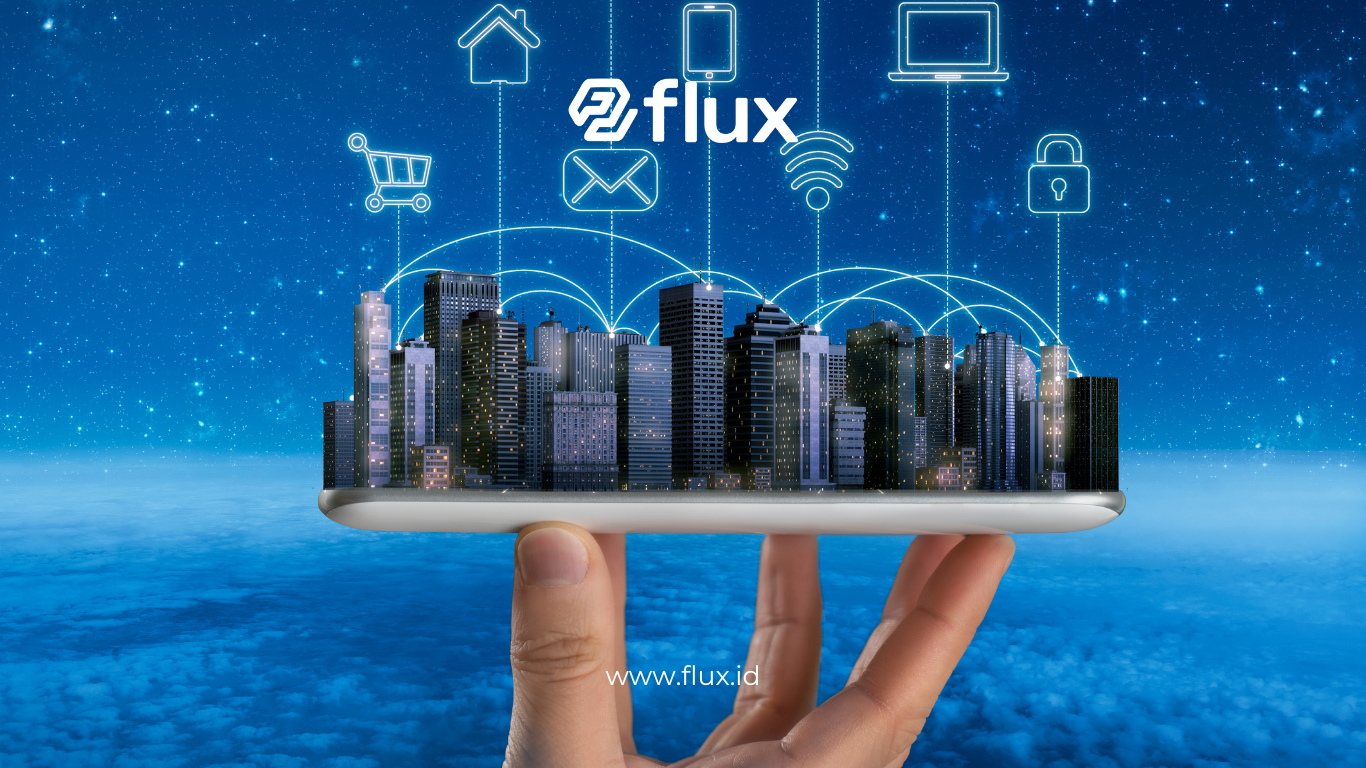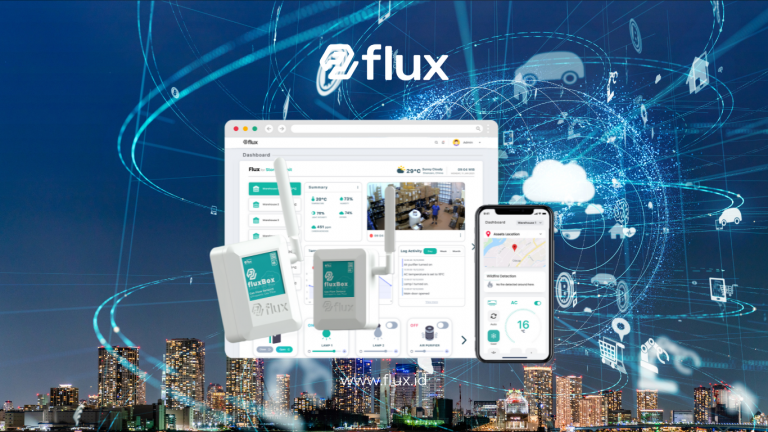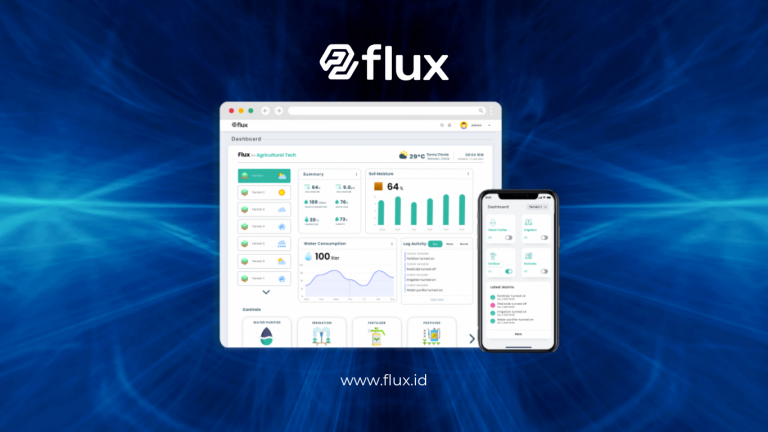Don't miss our holiday offer - 20% OFF!
With the continuous growth of urban populations, energy demand in metropolitan areas is rising. The concept of Smart Cities emerges as an innovative solution for sustainable urban development. Internet of Things (IoT) technology plays a pivotal role in efficiently managing energy efficiency in Smart Cities, reducing wasteful consumption, and optimizing resource use.
Contents
What is a Smart City?
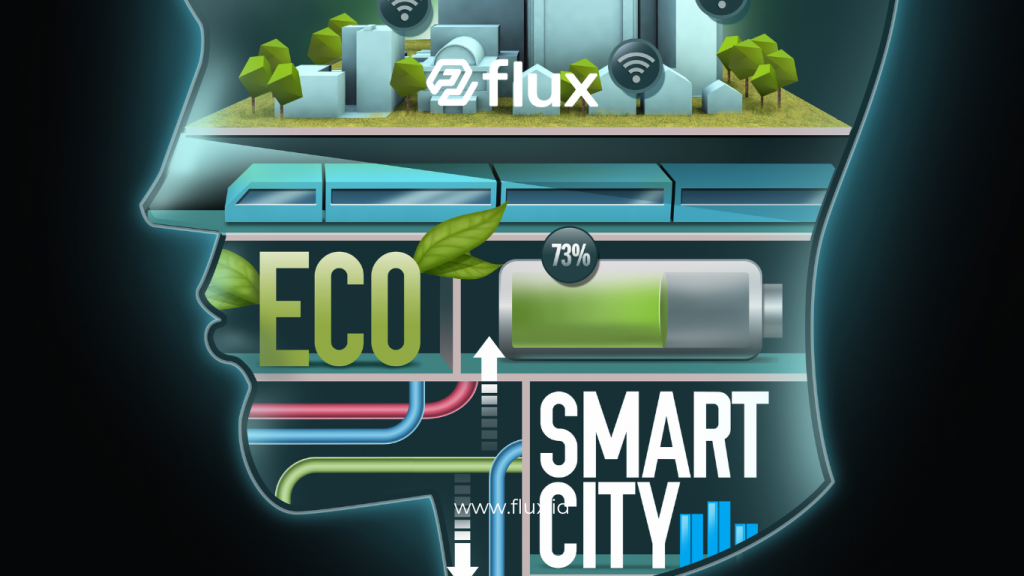
Read More: Smart City: Technological Solutions for Better Urban Living
Definition of Smart Cities
A Smart City is a concept where technology is utilized to improve citizens’ quality of life. Its implementation focuses on resource efficiency, infrastructure management, and empowering communities through technology.
Challenges in Energy Management in Smart Cities
- High Energy Consumption: Rapid urbanization leads to a significant rise in electricity demand.
- Energy Wastage: Inefficient energy use in sectors like transportation, housing, and industry.
- Environmental Impact: Carbon emissions from fossil fuel combustion.
Role of IoT in Energy Management

Read More: Smart City and the Future of Urban Areas: Optimizing Infrastructure with Smart Technology
1. Energy Monitoring and Measurement
IoT facilitates the installation of smart sensors to monitor energy consumption in real time. This data identifies consumption patterns and areas requiring energy savings.
2. Smart Energy Management Systems
- IoT integrates devices like smart meters and automated lighting systems.
- These systems optimize energy use by operating devices only when needed.
3. Renewable Energy Utilization
IoT supports integrating renewable energy like solar and wind by monitoring their production and storage. For example, smart batteries manage backup energy effectively.
IoT Applications in Key Sectors
Transportation
- Smart transportation systems utilize IoT to reduce fuel consumption.
- Example: Smart traffic lights adjust timing based on traffic density.
Buildings and Infrastructure
- IoT technology enables smart buildings with features like automatic lighting and temperature controls.
- These buildings significantly reduce electricity usage.
Power Grid Management
- Smart grids use IoT to detect power outages early, ensuring efficient energy distribution.
Benefits of IoT for Energy Efficiency in Smart Cities
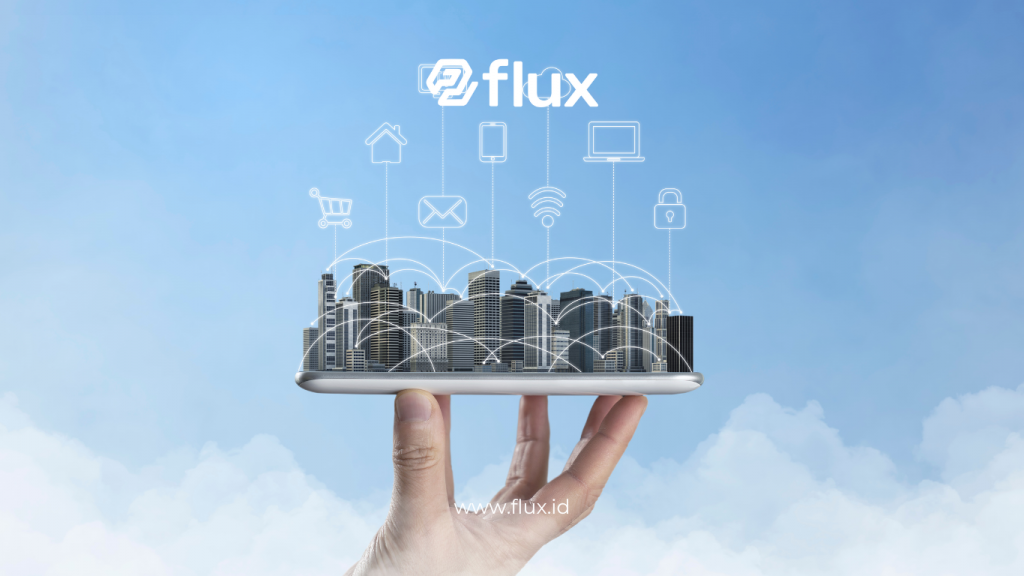
Read More: How Smart Trash Sensors Work in a Smart City: Optimizing Waste Management with IoT Technology
- Cost Savings: Intelligent energy management reduces urban energy budgets.
- Improved Quality of Life: Smart lighting and ventilation systems enhance comfort for citizens.
- Lower Emissions: Real-time energy monitoring helps decrease carbon footprints.
Challenges in Implementing IoT for Energy Efficiency
- High Implementation Costs: IoT infrastructure requires substantial investment.
- Data Security Risks: IoT systems are vulnerable to cyberattacks.
- Technological Gaps: Uneven technology infrastructure in certain areas.
Case Studies: Smart Cities Worldwide
- Singapore: Utilizes IoT for transportation systems and renewable energy management.
- Barcelona: Employs smart sensors for street lighting and waste management.
- Copenhagen: Integrates renewable energy and IoT to reduce carbon emissions.
Conclusion
IoT technology provides practical solutions for energy management in Smart Cities. By leveraging real-time data and automation, IoT helps cities reduce energy waste, lower costs, and foster a sustainable environment. Despite challenges, investing in IoT is a strategic step toward energy-efficient and eco-friendly urban living.


